AC Heat recovery for Hot Water?
fandlil
15 years ago
Related Stories

GARDENING AND LANDSCAPINGChill Out: 10 Cool Ways to Beat the Heat Outdoors
Step away from the A/C's artificial blast — and treat yourself to these more natural cool-down methods in the great outdoors
Full Story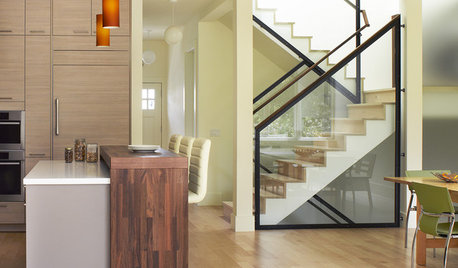
FLOORSIs Radiant Heating or Cooling Right for You?
Questions to ask before you go for one of these temperature systems in your floors or walls (yes, walls)
Full Story
FLOORSWhat to Ask When Considering Heated Floors
These questions can help you decide if radiant floor heating is right for you — and what your options are
Full Story
LIFEHow to Prepare for and Live With a Power Outage
When electricity loss puts food, water and heat in jeopardy, don't be in the dark about how to stay as safe and comfortable as possible
Full Story
GREAT HOME PROJECTSHow to Add a Radiant Heat System
Enjoy comfy, consistent temperatures and maybe even energy savings with hydronic heating and cooling
Full Story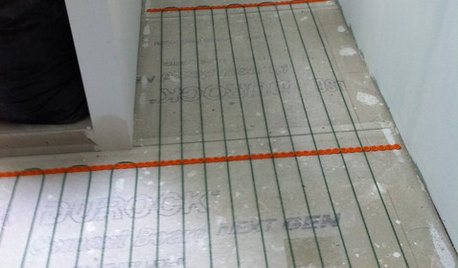
BATHROOM DESIGNWarm Up Your Bathroom With Heated Floors
If your bathroom floor is leaving you cold, try warming up to an electric heating system
Full Story
GREEN BUILDINGInsulation Basics: Heat, R-Value and the Building Envelope
Learn how heat moves through a home and the materials that can stop it, to make sure your insulation is as effective as you think
Full Story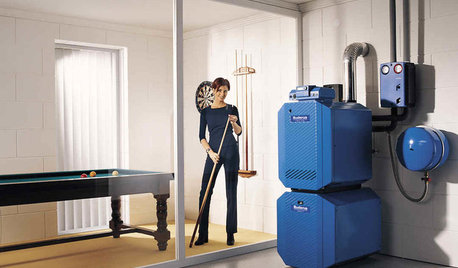
HOUSEKEEPING5 Steps to Improve Your Heating System Now
Increase your heater's efficiency and safety for lower energy bills and greater peace of mind this winter
Full Story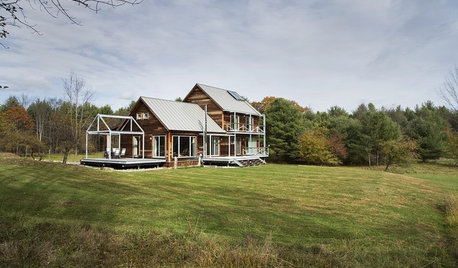
GREEN BUILDINGHouzz Tour: Passive House in Vermont Slashes Heating Bills
Its ecofriendly, low-maintenance design leaves a family with more time to relax and enjoy the weekend home
Full Story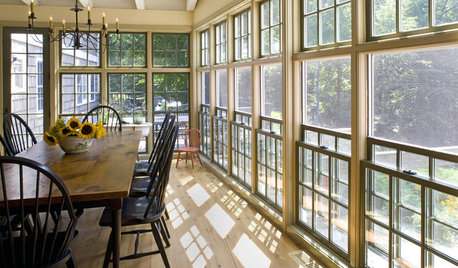
HOUSEKEEPINGLower Your Heating Bills With Some Simple Weather Stripping
Plug the holes in your house this winter to make sure cold air stays where it belongs: outside
Full Story





garymunson-2008
garymunson-2008
Related Professionals
East Lake Solar Energy Systems · Palo Alto Solar Energy Systems · Rehoboth Solar Energy Systems · West Jordan Solar Energy Systems · Casa de Oro-Mount Helix Home Builders · Grover Beach Home Builders · Harrisburg Home Builders · North Ridgeville Home Builders · Kearns Home Builders · Edison Roofing & Gutters · Huntsville Roofing & Gutters · Little Rock Roofing & Gutters · Manassas Roofing & Gutters · Damascus Roofing & Gutters · Gibsonton Roofing & Guttersegrigby
loves2read
countryboymo
garymunson-2008
countryboymo
fandlilOriginal Author
garymunson-2008
countryboymo
zl700
garymunson-2008